



Top 5 Mistakes to Avoid During Water Damage Clean Up Jan 09, 2025





The Top Trends in Steam Baths and Showers Today Dec 18, 2024
These Healthy Habits Aren't So Healthy After All
Nov 09, 2015 21:25
You probably believe certain lifestyle habits to be healthy, but upon further inspection and some research, they actually aren't. Here are some of the 12 healthy habits that aren't actually really healthy at all.



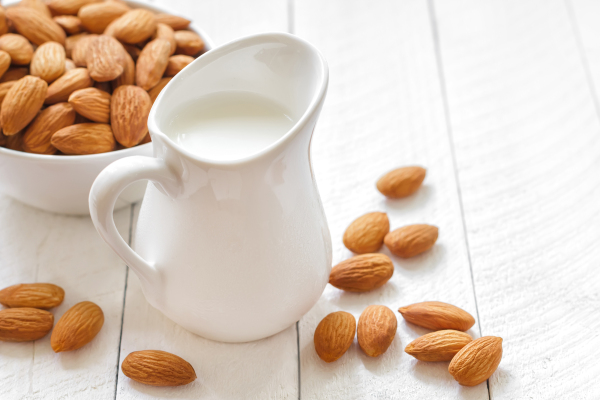




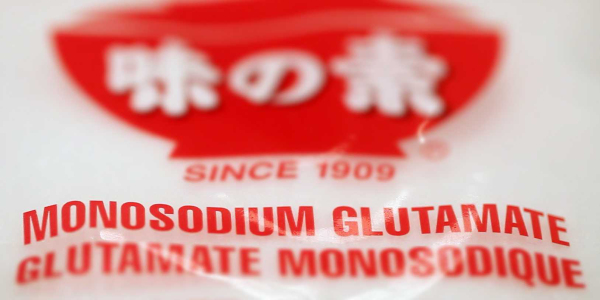
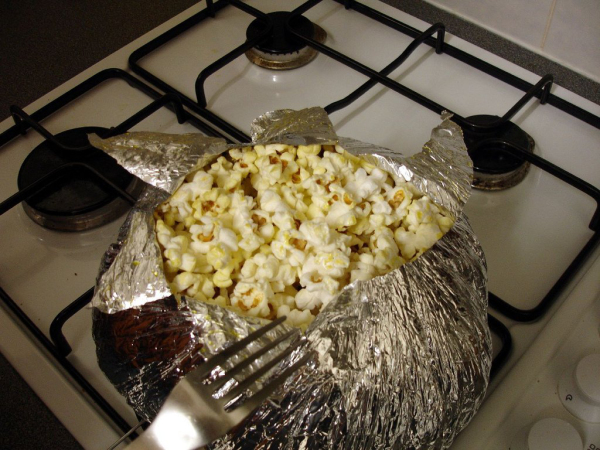
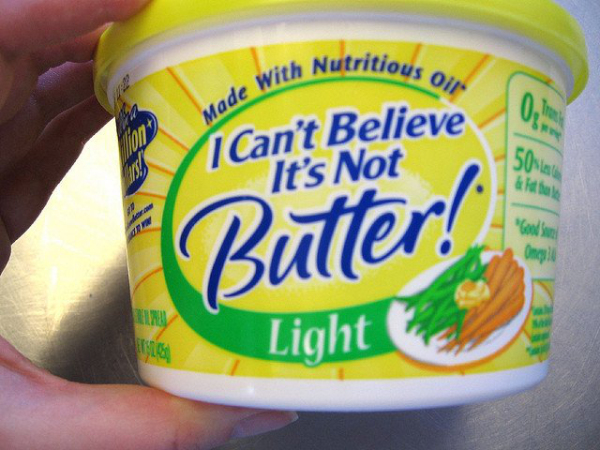
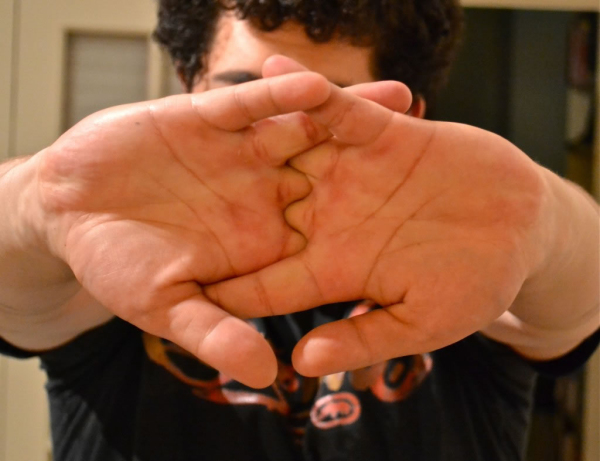
1. Using a standing desk
A recent study found no benefit in terms of overall risk of dying from standing as opposed to standing.
2. Using toilet seat liners
Viruses like HIV and herpes don't survive well outside of the human body. And most harmful pathogens likely wouldn't be able to infect you.
3. Avoiding gluten
Gluten probably doesn't have an effect on you, unless you're the 1% who suffer from celiac disease.
4. Swapping dairy for almond milk
Alternatives to dairy milk have been gaining popularity, and almond milk has been a popular choice. But it practically has no nutrients at all. Opt for soy milk if you're actually looking for a healthier option.
5. Juicing
Juicing removes all the fiber that keeps you feeling full and satisfied until your next meal, so basically, you're not doing yourself any good here.
6. Loading up on Vitamin C to get rid of a cold
It might help a little, but taking too much will make you sick too. The limit for an adult is 2,000 milligrams a day.
7. Ear candling
Putting a lit, cone-shaped candle inside your ear to relief earwax and treating infections is ineffective. It can in fact push wax down deeper into your ear.
8. Taking multi-vitamins
Decades of research has not found any justification for this. We get more than enough of these from what we eat.
9. Avoiding MSG
It's completely safe, but is often associated with symptoms such as numbness at the base of the neck to a general sense of fatigue. You probably ate too much.
10. Avoiding the microwave
Microwaving doesn't rob food of their nutrients. It actually does a better job at keeping the vitamins intact.
11. Eating low-fat foods
An 8-year trial involving 50,000 women found that those on a low-fat plan diet didn't lower their risk of disease, and they also didn't lose much weight either.
12. Cracking your knuckles
Common knowledge stated that knuckle cracking was terrible for your joints, but several new studies suggested that it might be a good indicator that a joint is well lubricated. The inability to crack a joint could be a sign of future problems.

In the heart of Wilkinsburg, Pennsylvania, a remarkable transformation has taken place. Garden Dreams Urban Farm & Nursery, now Grow Pittsburgh's fourth production site, has evolved into a sustainable agricultural hub serving the local community. Behind this evolution stands Colcom Foundation, whose support has been instrumental in developing this USDA certified organic farm and greenhouse facility. Read more
LIFESTYLE
nutritions
Jun 18, 2025 20:55

If you decide you want to install a pergola in your backyard, that can add to your home’s property value. This assumes the eventual homebuyers who are looking at the property when you decide to move on from it like that kind of thing. Many do, so you can often make back the money you spend on your pergola. Read more
LIFESTYLE
Jun 14, 2025 17:12

Choosing the right location for your wedding is one of the most personal — and sometimes most difficult — parts of the planning process. There are so many factors to think about: scenery, accessibility, space, accommodation, and that all-important “feel” you get when you picture yourself walking down the aisle. For many couples, the English countryside strikes the perfect balance between romance and practicality — and one county that’s often at the top of the list is Warwickshire. Read more
Copyright © Fooyoh.com. All rights reserved. User Agreement | Privacy Policy | Contact us
| Advertising
| About us
| Careers


















































